Obama draws pledges of 30,000 troops for UN peacekeeping
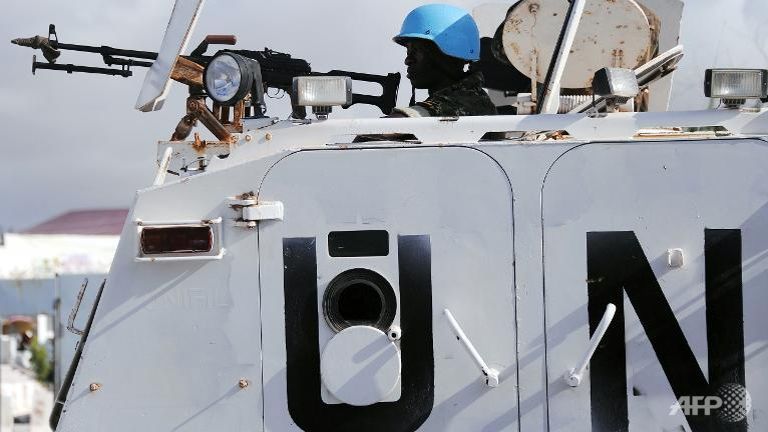 |
| File photo of UN peacekeepers seen patrolling in the Somali capital Mogadishu. (Photo: AFP/Mohamed Abdiwahab) |
UNITED NATIONS: More than 50 countries pledged 30,000 troops for United Nations peacekeeping on Monday (Sep 28) at a US summit called to shore up missions under strain from the rise in global crises.
China scaled up its contribution, taking the lead in setting up an 8,000-strong standby police force while Colombia made a first-time offer of up to 5,000 troops.
The pledges represent a major boost to UN peacekeeping, which relies on voluntary contributions from UN member states to run its 16 mission worldwide.
US President Barack Obama told leaders that peace operations were "experiencing unprecedented strains" and deployed in "more difficult and deadlier conflicts."
"We know that peace operations are not the solution to every problem," Obama told the summit held on the sidelines of the UN General Assembly. "But they do remain one of the world's most important tools to address armed conflict," he said.
The new contributions include helicopters, engineering units, field hospitals and bomb-detonating expertise that are desperately needed to bolster UN peace missions.
A key player in peacekeeping in Africa, Rwanda offered two attack helicopters, two field hospitals, an all-female police unit and 1,600 new troops. Indonesia boosted its participation with training and 2,700 new troops while India pledged 850 additional troops.
British Prime Minister David Cameron announced 70 troops for the UN-African Union mission in Somalia and up to 300 troops for the UN mission in South Sudan, which is grappling with one of the world's worst humanitarian crises.
There were also pledges from Armenia, Finland, Ghana, Mexico, South Korea, Sri Lanka, Vietnam and Uganda.
China steps up
The United States had hoped to draw more pledges from European countries that have gradually pulled their troops out of peacekeeping and contributed to the NATO-led mission in Afghanistan. But the European pledges remained modest.
In contrast, China - which has strong economic interests in Africa - offered more engineering soldiers, transport and medical staff and pledged to train 2,000 peacekeepers from other countries to carry out de-mining operations.
President Xi Jinping said China would provide US$100 million to the African Union to support a new African standby force and send the first peacekeeping helicopter squad to Africa.
Bangladesh, Ethiopia, India, Pakistan and Rwanda are currently the top five troop-contributing nations to peace missions.
In his address, Obama stressed that strengthening peacekeeping would serve "our common security" and pledged to double the number of US officer staff serving under the blue flag.
There are just 78 Americans serving in UN peace missions but Washington remains by far the largest financial backer, providing 28 percent of the UN peacekeeping budget of US$8.3 billion.
Boosting troop contributions will help the United Nations tackle a wave of sexual abuse allegations that have hit its missions, notably in the Central African Republic. The new commitments will give Secretary-General Ban Ki-moon the leeway to remove units whose soldiers face accusations and replace them without weakening a mission.
French President Francois Hollande, who pledged to step up training of African forces, referred to the sexual abuse scandal in his address to the summit, saying countries "must not allow the UN flag to be tarnished."
France is investigating allegations that 14 soldiers from its Sangaris military force sexually abused children in the Central African Republic in return for food, from December 2013 until June 2014.
While the French troops were not serving in a UN peacekeeping mission, the Sangaris operation was authorized by a UN Security Council resolution.
What the stars mean:
★ Poor ★ ★ Promising ★★★ Good ★★★★ Very good ★★★★★ Exceptional
Latest News
More News
- Malaysia sets up clean energy exchange (April 16, 2024 | 16:59)
- Indonesia issues dengue fever warning to Bali tourists (April 16, 2024 | 16:53)
- Trade facilitation ahead with ASEAN-India deal upgrade (April 15, 2024 | 17:00)
- ASEAN strength to be built on with trade reforms (April 15, 2024 | 14:58)
- Malaysian airlines to charge carbon levy soon (April 15, 2024 | 09:21)
- Malaysia issues heatwave alert for 14 areas (April 15, 2024 | 09:12)
- China, Thailand forge alliance for moon exploration (April 15, 2024 | 08:00)
- Two Philippine navy pilots dead after helicopter crash (April 11, 2024 | 16:58)
- Singapore: E-commerce scams double in 2023 (April 11, 2024 | 16:55)
- Malaysia urges Meta, TikTok to curb harmful content (April 10, 2024 | 16:21)



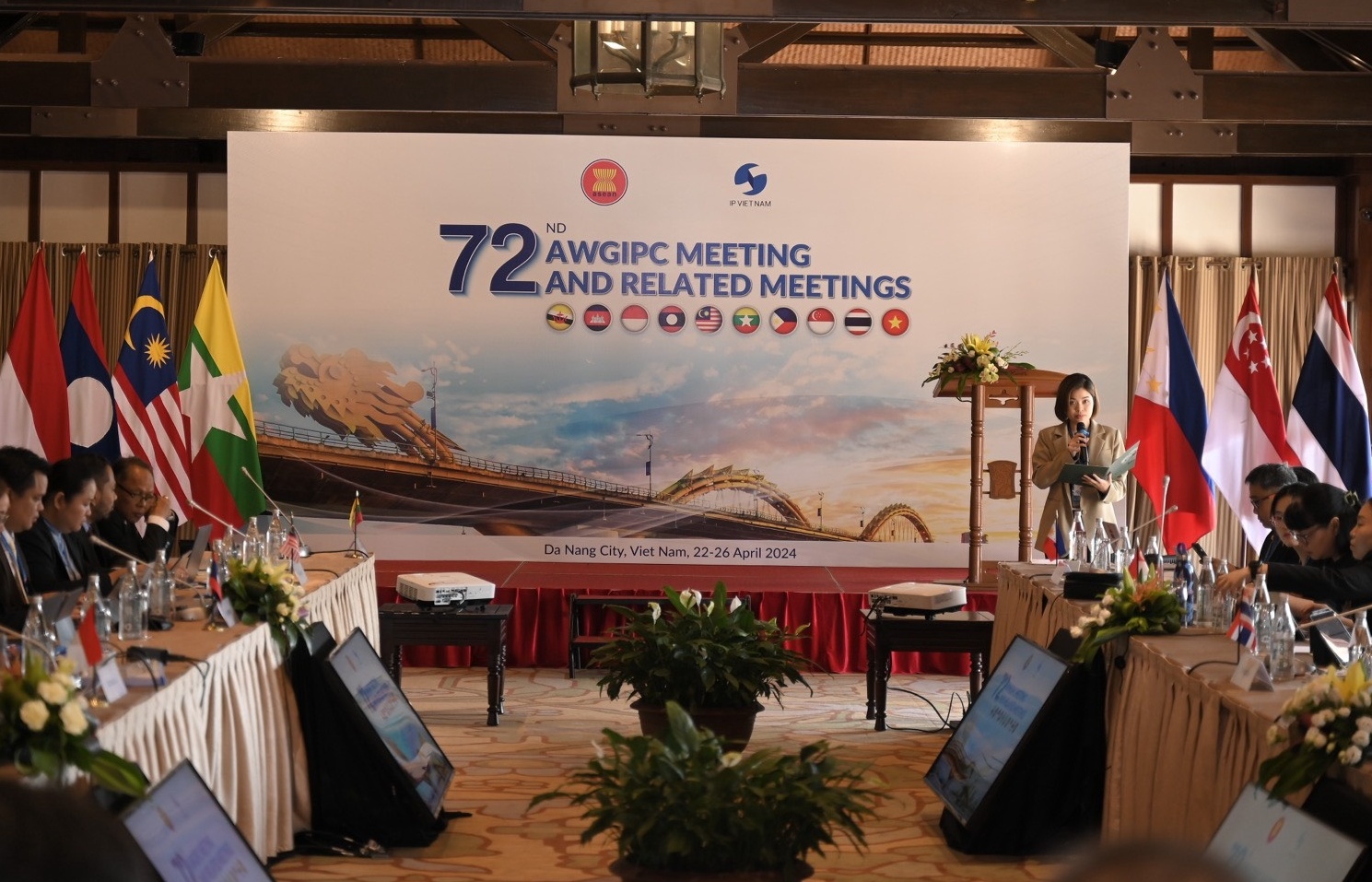
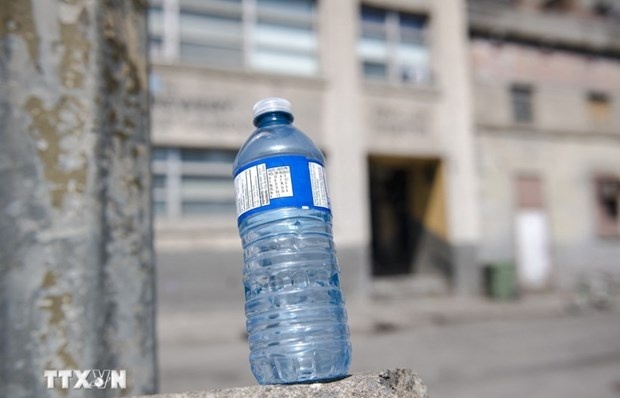
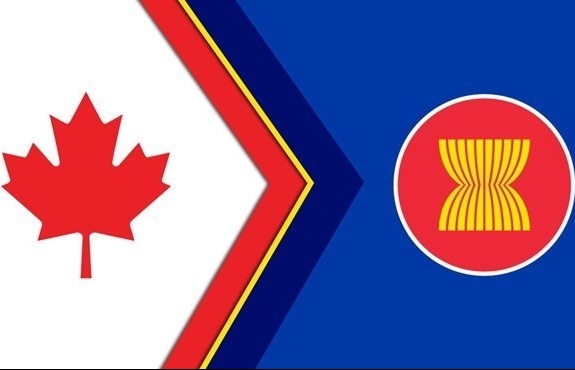
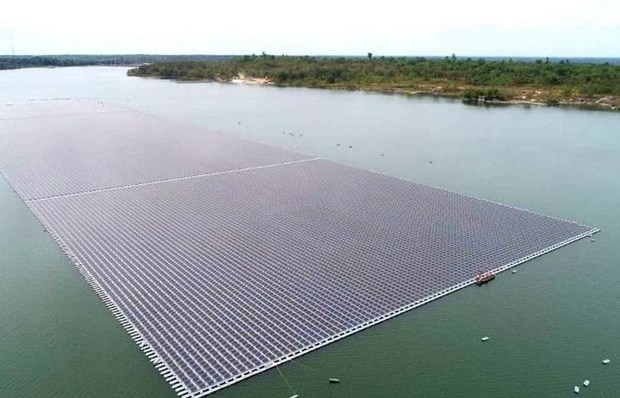

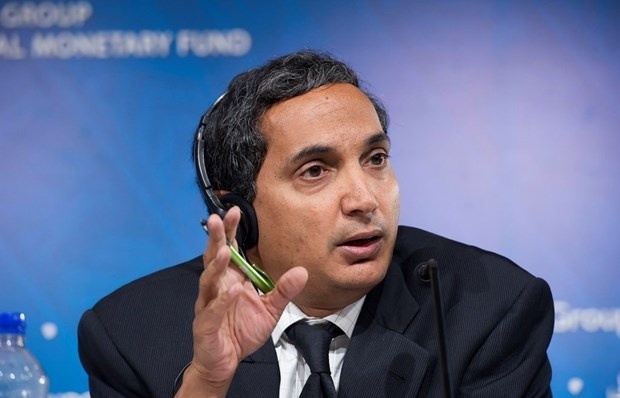



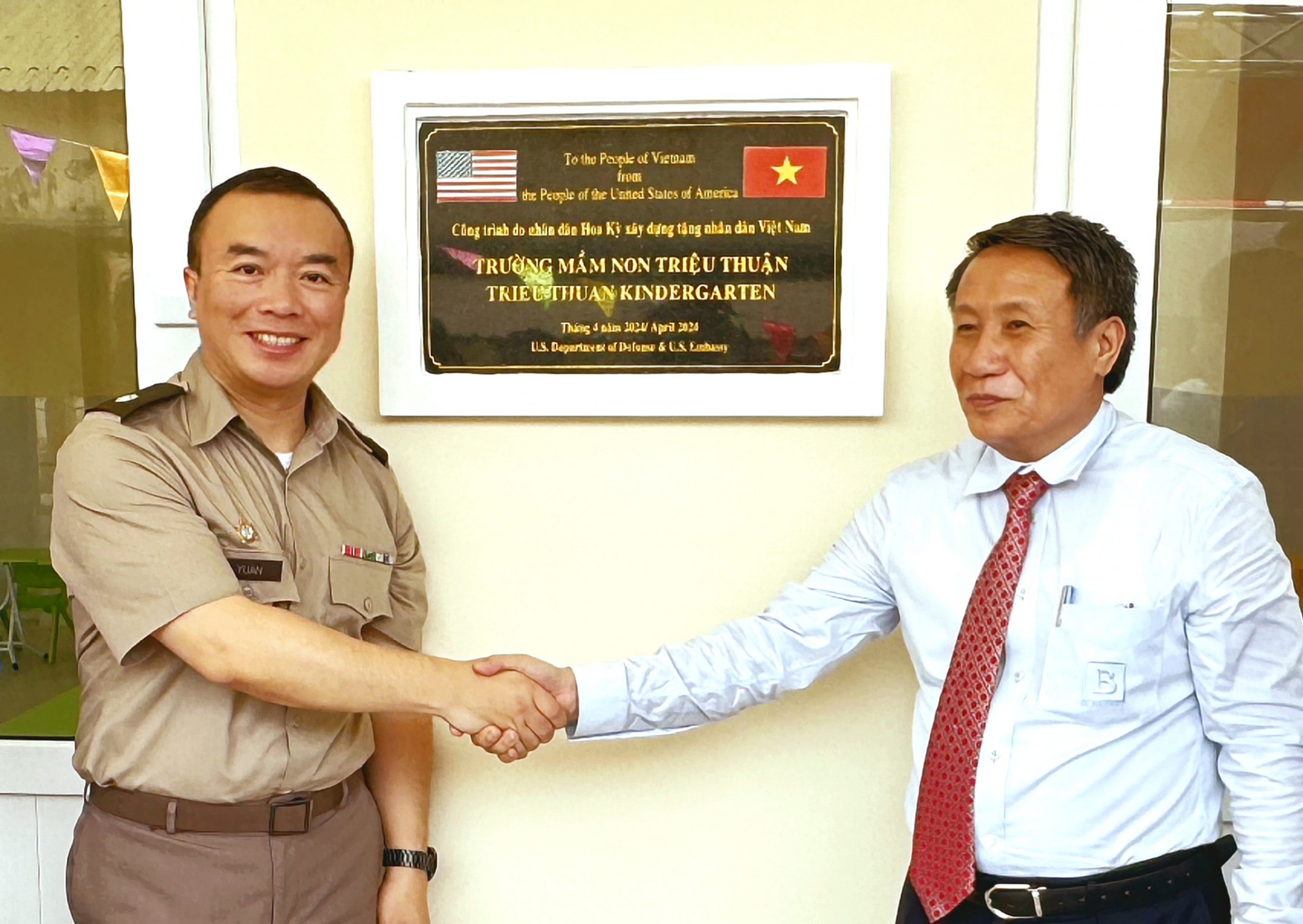
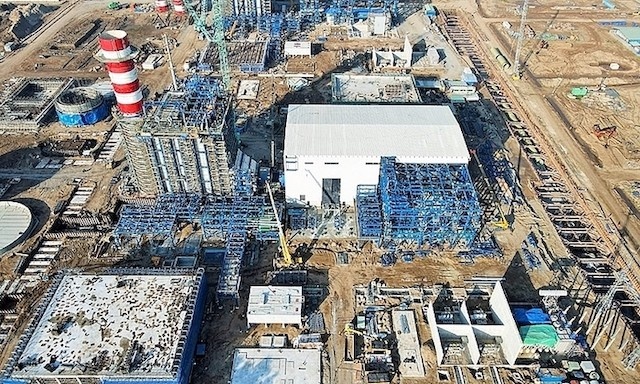




 Mobile Version
Mobile Version